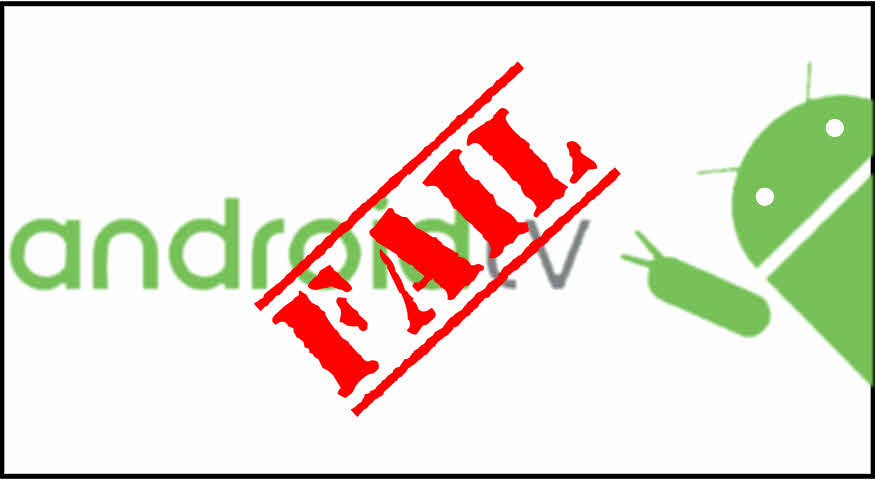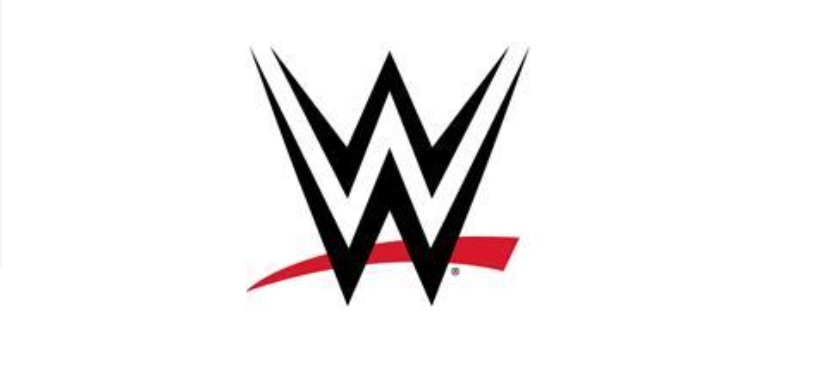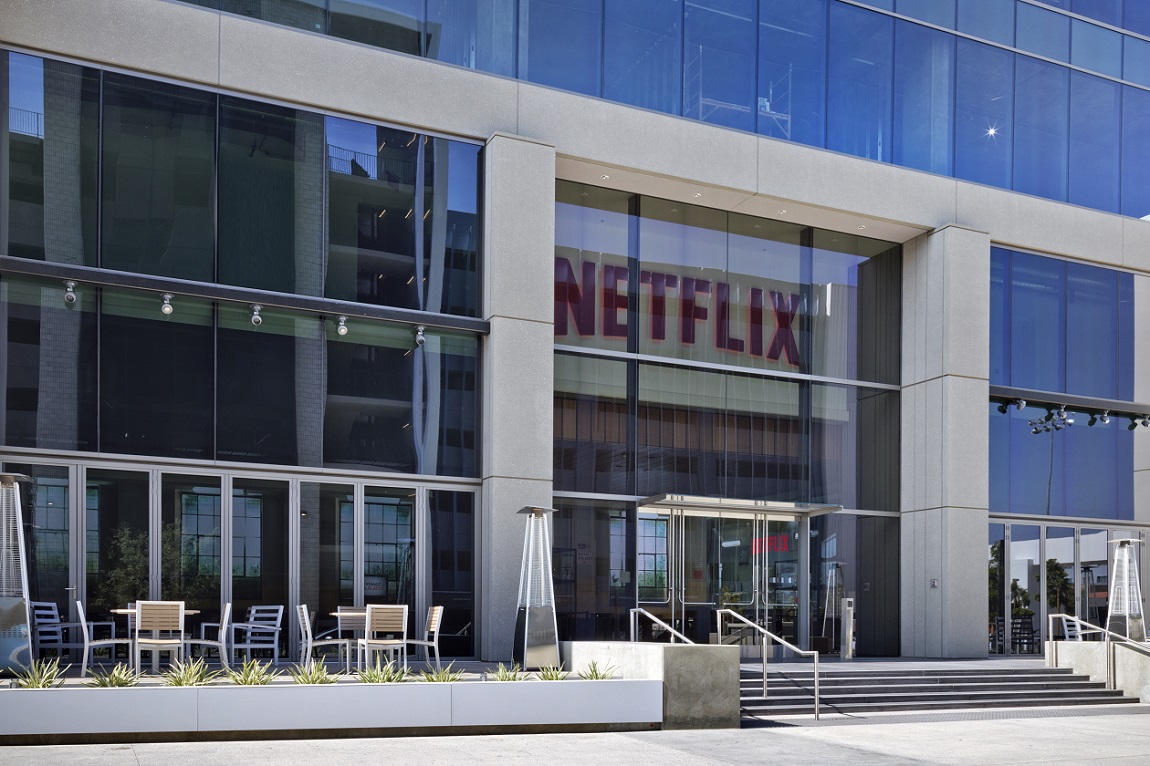It’s greed. That’s what people say every time something goes up in price. And sometimes it is true. Most companies charge as much for something as they think the market will allow and have to look at the diminishing returns of either charging too little vs the cost of providing the service or product or charging too much and lowering the demand so that the product is not profitable. Something people just don’t seem to understand in the streaming world is that just about nothing that has been offered for the past 10 years has been offered for what it costs to maintain the service.
Media companies make decisions for long-term and short-term reasons. And sometimes they make decisions without fully understanding what they are doing at the time and then have to correct themselves later. A perfect example is Netflix. Netflix got into streaming and made deals with multiple studios to put movies and TV shows online for low rates. Why? Because the studios did not understand how popular their content could be on the streaming market. And as Netflix developed its algorithm it figured out what people wanted to see and pulled titles out of its huge library and delivered them. It’s not that Friends was the perfect show for teens 20 years after it aired. Netflix just figured out that the trends pointed towards a certain type of humor or situation and said ok check this out. Studios then misunderstood the drawing power of their content and felt that having a specific show or two would then allow them to take Netflix’s customer base to their own services. The strategy did not work.
Another example also using Netflix is the password-sharing model. When Netflix was a young growing service it encouraged password sharing because it spread the buzz about the service. It increased time watched, which made it an essential service on every emerging smart TV and streaming platform. But eventually, the subscriber numbers peaked. Netflix predictably decided that there would be a high enough percentage of users who enjoy the service enough to sign up for new accounts if faced with losing out on the service. And it was right. While naysayers predicted that people would cancel their service in droves, Netflix gained over 6 million new customers once it started cracking down on password sharing.
YouTube once was a hotbed for sharing copyrighted content. In truth, there is still far more copyrighted content being shared on the platform then it would like to admit. But before it was a Google property take down notices rarely happened. This allowed the service to provide the familiar cute animal videos and other viral content along with full movies and seasons of tv shows with no need to disguise anything. It was before studios had their own monetized YouTube channels and they were frankly not paying enough attention to notice in the first place. Because they were still making so much money selling movie tickets and DVDs of movies and TV shows. As the world changed though and YouTube became part of a bigger worldwide entity the crackdown happened. Companies realized people were using the platform for piracy and advertisers became concerned about guilt by association. Not to mention the crackdowns on controversial content. But it’s undeniable that the early wide-open strategy is what made it so popular in the first place. People used to say “You can find anything on YouTube”. Things change.
Disney is the latest to move on from a short-term to a long-term strategy. It priced a commercial-free Disney+ filled with almost the entire Disney library at a giveaway price when it launched. And then it proceeded to roll out cinema-quality original TV shows. It was not sustainable but it allowed the new service to reach the top tier with Netflix almost overnight. Disney knew there was a huge market for its content and used the service to blend the properties it had spent a decade acquiring (Pixar, Marvel, Lucas Films, and legacy Disney products into one big thing. But the company would have to bring in three times its customer base to spend billions on TV shows that cost the same thing as movies and break a profit. So it has been raising prices and offering ad-supported versions of Disney+. No paid streaming service is going to sign up 380 million customers. That would be like the entire population of the US. Every man woman and child. The companies of course are not bound to the US though, but outside of the US even a cost of $5.99 per month is a bit much in developing countries. So other things have to be done to increase revenue.
The company wants people to get the ad-supported version of Disney+ and Hulu for that matter. Bob Iger has actually said that in regular English. Because that way they get to double dip on subscriber revenue and ads. Hulu began as a free ad-supported service and became a subscription service over time when it started releasing apps for smart TVs and streaming devices (remember Hulu Plus?). Yes, Hulu offers an ad-free version of Hulu these days, but it has since its launch been less popular and less profitable than the ad-supported service.
To believe that Studios are simply being greedy you have to believe that the publically traded companies are lying about how much money they make on their individual ventures. I am not saying that they are not. Maybe Disney+ is making so much money it is funding ESPN at this point. If someone can break that story they will win a lot of awards and the respect of a lot of readers. But up to this point, Disney has said that Disney+ is not profitable. My guess is that it would be a less uncomfortable lie to make it look like they were raking it in. But I am not in the business of fudging earning reports so what do I know?
You will continue to see this pattern across every industry. Mcdonald’s will try to get more for their product until its same-store sales take a dive. Movie theaters will raise ticket and snack prices until half the audience sneaks in two-for-ones and their own candy bars. Electric cars will eventually drop to a logical price point etc. Companies either have to make money or sell. There are greedy companies out there, but they are not the unprofitable streaming services.






